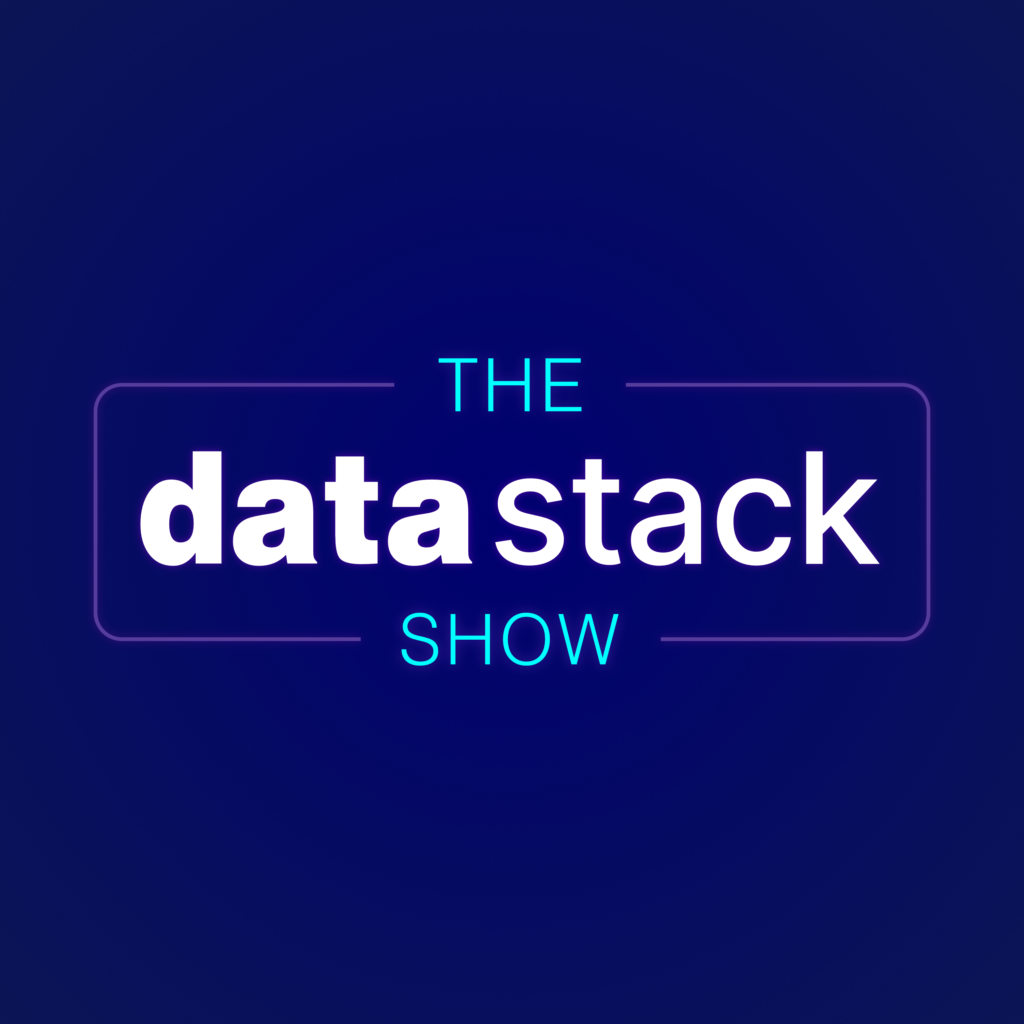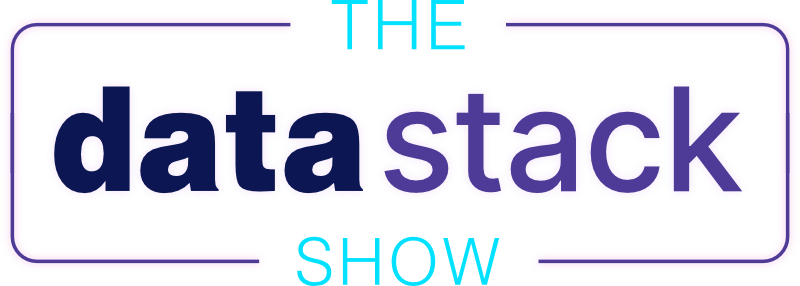
In this bonus conversation, Eric and Kostas preview their upcoming conversation with Bob van Luijt of Weaviate.
The Data Stack Show is a weekly podcast powered by RudderStack, the CDP for developers. Each week we’ll talk to data engineers, analysts, and data scientists about their experience around building and maintaining data infrastructure, delivering data and data products, and driving better outcomes across their businesses with data.
RudderStack helps businesses make the most out of their customer data while ensuring data privacy and security. To learn more about RudderStack visit rudderstack.com
Eric Dodds 00:05
Welcome to The Data Stack Show prequel where we replay a snippet from the show we just recorded. Costas. Are you ready to give people a sneak peek? Let’s do it. Kostas, I think one of the things that is I actually might take away is in, in many ways a question for you. We’ve had some really prestigious academic personas on the show who have done really significant things. I think about the material as a team. And I mean, there’s just some people who have done some really cool things. And what was interesting about Bob is that, I mean, he studied music, number one. But he also drew a lot of influence from academia, but he’s self taught. And he’s building a vector tip base and dealing with embeddings. Which is really interesting to me. And so I guess my takeaway question for you, is, how do you think about that, because you, of course, studied a lot of complex engineering stuff in school. But it’s amazing to me that he can sort of study music, and apply some of those concepts to like, very deep engineering concepts, and mathematical concepts to produce an actual product. Without formal training. I mean, that’s pretty amazing. So I don’t know if that’s, I’m thinking about that. But I think you’re the best person to help me understand that.
Kostas Pardalis 01:42
Yeah, I think you asked me, we probably need like more people from music into taken business. I don’t find it that strange. Like what she’s like, but music studies helped him so much. Because, like, at the core of, let’s say, music itself, there’s creativity, right? Like people who play with say, like, the new instrument, or they go and like try to even like have a career or that they have like a very strong need to be to express and create. They are creators, right? I think like the definition of a creator. Right? And it’s a definition of a Creator, who is I’d say that like, it’s, like, a mental creation, right? Like, music always comes out of like something that it’s in your mind. Right? Yeah. So I think like, there are like many similarities with even like going in, like writing code at the end, right? Like, you start from something very abstract, something that it’s yeah, it can be represented, like with math, or like, whatever, right. But it’s also true, like for music, but at the same time, like, okay, and that’s something that we thought with him is that he learned a lot of things about business, right? Because music is like, if you want to survive in there, like as an industry is brutal, like, expose yourself, like the definition of like exposing yourself and getting rejected, right. So I think that there are like many lessons from let’s say, like, the people who are there, like many similarities in a way, but let’s say platform, it’s not like a keyboard. And writing code, it’s like an instrument. But at the end, it has like a lot to do they have like things in common, which are very important of like creativity. And also being, they’d like to create something completely new and take it out there, like convince people that like, there’s value in that, right. So that’s one thing. The other thing is that, okay, he’s like, amazingly good at like expressing himself and some very deep and complex, let’s say, concepts, which I think is like very important for anything that has to do with all this craziness around AI. And that’s like one of the reasons that I would like, ask him anyone like to go and like listen to him, because I think they are going to feel much more confident around AI as a technology and how like, it actually has substance and value. And without also like some very interesting conversations about businesses write new business categories, like new product categories. They are out there. So please listen to him. And so I hope that we are going to have him back again and talk more about that because we can spend hours with him for sure.
Eric Dodds 04:46
I agree. Well, if you’re interested in vector databases, embeddings or sort of database history in general, listen to the show, subscribe if you haven’t, tell a friend and of course Chrisman will catch you on the next one

Each week we’ll talk to data engineers, analysts, and data scientists about their experience around building and maintaining data infrastructure, delivering data and data products, and driving better outcomes across their businesses with data.
To keep up to date with our future episodes, subscribe to our podcast on Apple, Spotify, Google, or the player of your choice.
Fill out the form below to get a monthly newsletter from The Data Stack Show team with a TL;DR of the previous month’s shows, a sneak peak at upcoming episodes, and curated links from Eric, Kostas, & show guests.